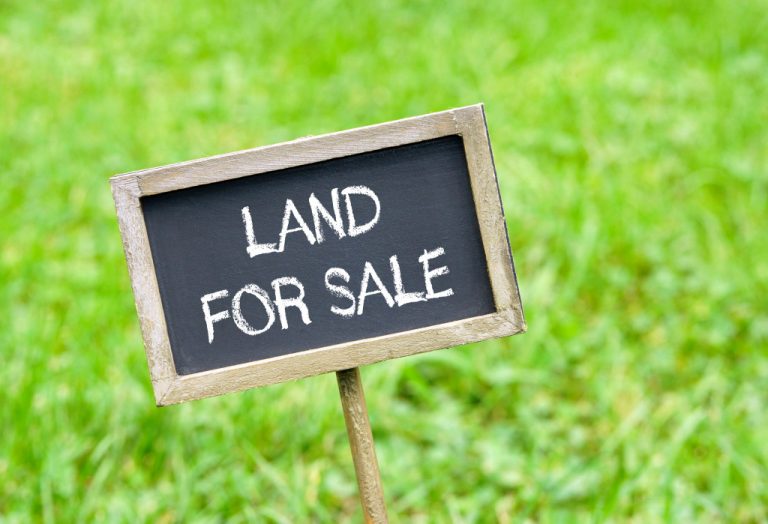Land is a finite resource, which makes it a valuable commodity. Unlike stocks and shares, land can’t be created or replicated, which is why it’s often seen as a safe investment. However, there are still risks involved in investing in land, and if you’re not careful, you could lose money. In this blog post, we’ll look at five of the most common mistakes people make when investing in a land so that you can avoid them.
Not Researching the Property
One of the biggest mistakes people make when investing in land is not doing research. Just because a piece of land is for sale doesn’t mean it’s a good investment. There are many factors to consider before buying land, such as its location, zoning restrictions, previous uses, and environmental factors. If you don’t research beforehand, you could have a difficult property to develop or sell. For instance, you need land for agriculture but discover that the ground is too rocky and soil quality unsuitable. Or you purchase a residential lot only to discover that the neighborhood has high crime rates.
It’s easy to get caught up in the excitement of a great deal and overlook important details. To avoid this mistake:
- Take your time before committing to an investment.
- Consider all the possible risks associated with the land you’re looking at before signing any agreements.
- Ensure that you know what you want to achieve with the land and that it meets your requirements.
Not Knowing the Value of the Property
Another common mistake people make when investing in land is not knowing the property’s true value. This can happen for various reasons, such as relying too heavily on an appraisal or believing what another investor tells you about the value. It’s important to understand that each piece of land has unique characteristics and value. It’s also important to remember that the appraisal is just an estimate, so it may not reflect the property’s true market value.
To ensure you’re getting a fair price for your investment:
- Do some research on comparable properties in the area.
- Compare features such as size, location, age, condition of buildings, and other factors. Once you know the land’s value, you can negotiate a fair purchase price.
- Consider consulting an investment manager. They will be able to advise you on the use of your funds and help identify investment opportunities that fit your preferences. A professional can also assess how you can minimize the investment risk and maximize returns.
Failing to Consider the Cost of Development
Another mistake people make when investing in land is failing to consider the cost of development. Even if you’ve found the perfect property, it may only be worth the investment if the development cost is reasonable. For instance, if you plan to build a residential property, you need to factor in the cost of materials, labor, permits, taxes, and other associated fees.
Look for another investment opportunity if it does not meet your ideal cost. Before making any decisions, research local building codes and regulations to get an accurate quote for the development costs. Consider consulting with a professional to ensure you get the best deal.

Buying on Emotion
Getting caught up in the excitement of buying property is easy. Still, it’s important to remember that investing in land is a business decision, not an emotional one. Don’t let your emotions cloud your judgment—if something feels too good to be true, it probably is. Always take a step back and look at the purchase objectively before making an offer on any property.
You may tend to like a property more because of its view or potential, but if it doesn’t make financial sense, you should move on. People often get carried away with these feelings and make expensive mistakes. While it’s nice to buy something that makes you feel good, your focus should be on finding a good investment opportunity that meets your financial goals.
Not Having an Exit Strategy
Investing in land can be profitable, but only if you plan what to do with the property once you’ve purchased it. Are you going to develop it? Sell it? Lease it? Before making any purchase, you need to have an exit strategy to know how and when you will make money from your investment. Without an exit strategy, you could hold onto a property for years without ever seeing any return on your investment. If you plan to flip the property, identify potential buyers before buying. If you plan to develop it, ensure you have the necessary resources, like contractors, supplies, and permits.
Think hard about what you want to do with the property, and make sure you have a plan for how you will achieve your goals. A good exit strategy should include a timeline, estimated costs, and a list of potential buyers or tenants.
So, consider all the risks and costs associated with investing in a land before you commit to buying a property. Ensure you know the property’s true value and that development costs are within your budget. Most importantly, remember to stay level-headed and make decisions objectively without letting emotions take over. With the right approach and careful consideration, you can find an investment opportunity that will provide returns without risk.



